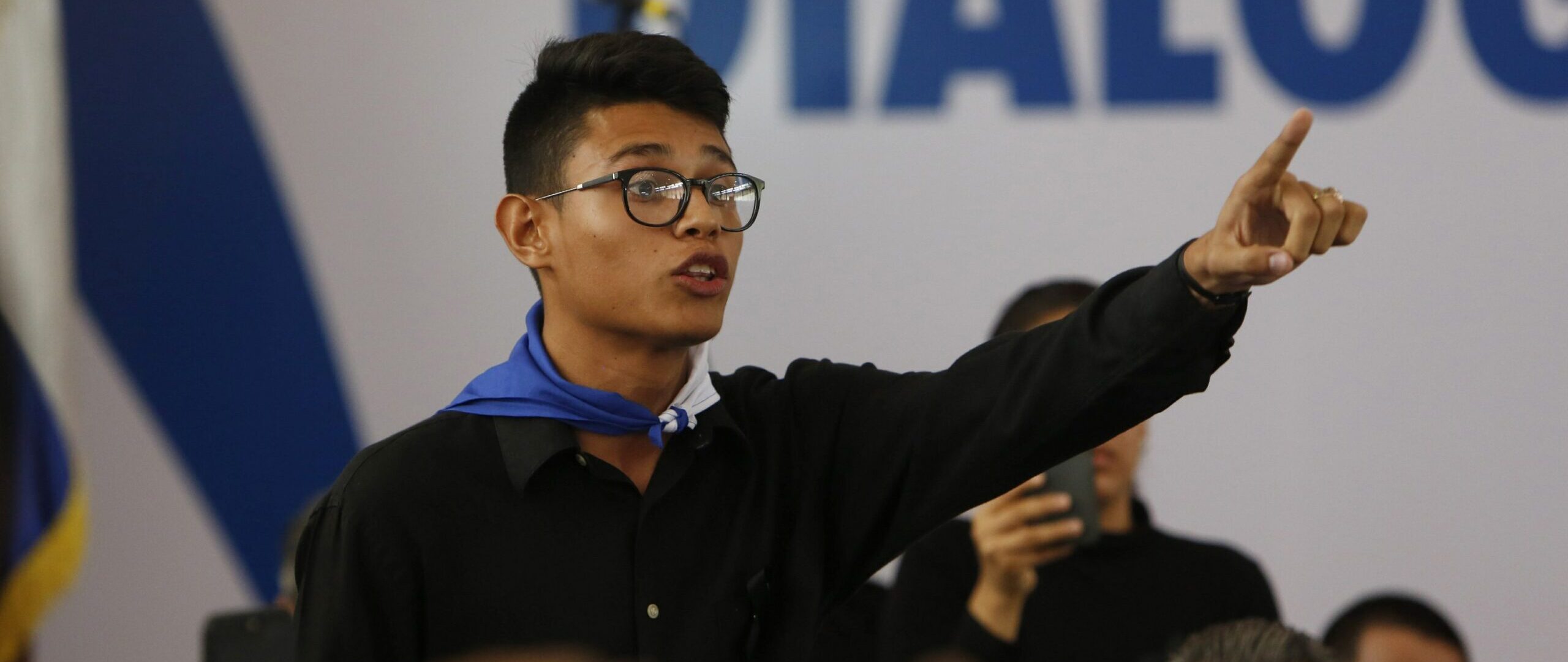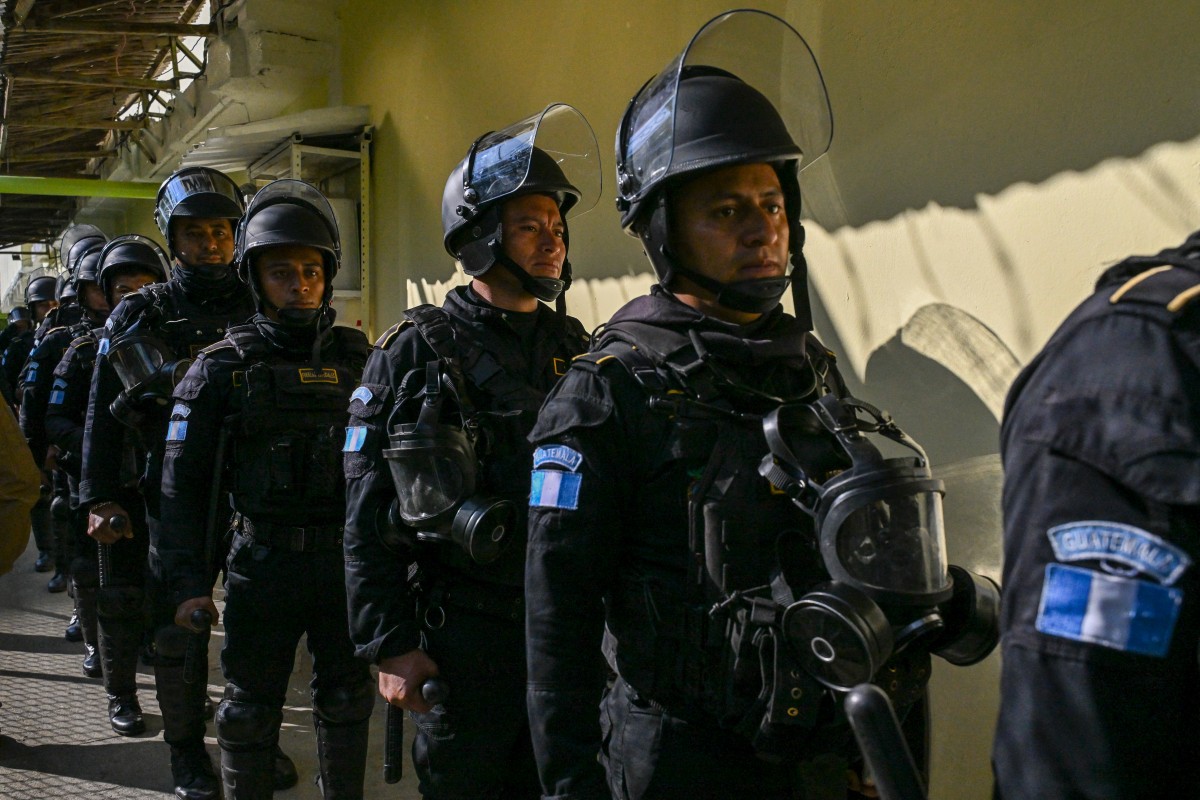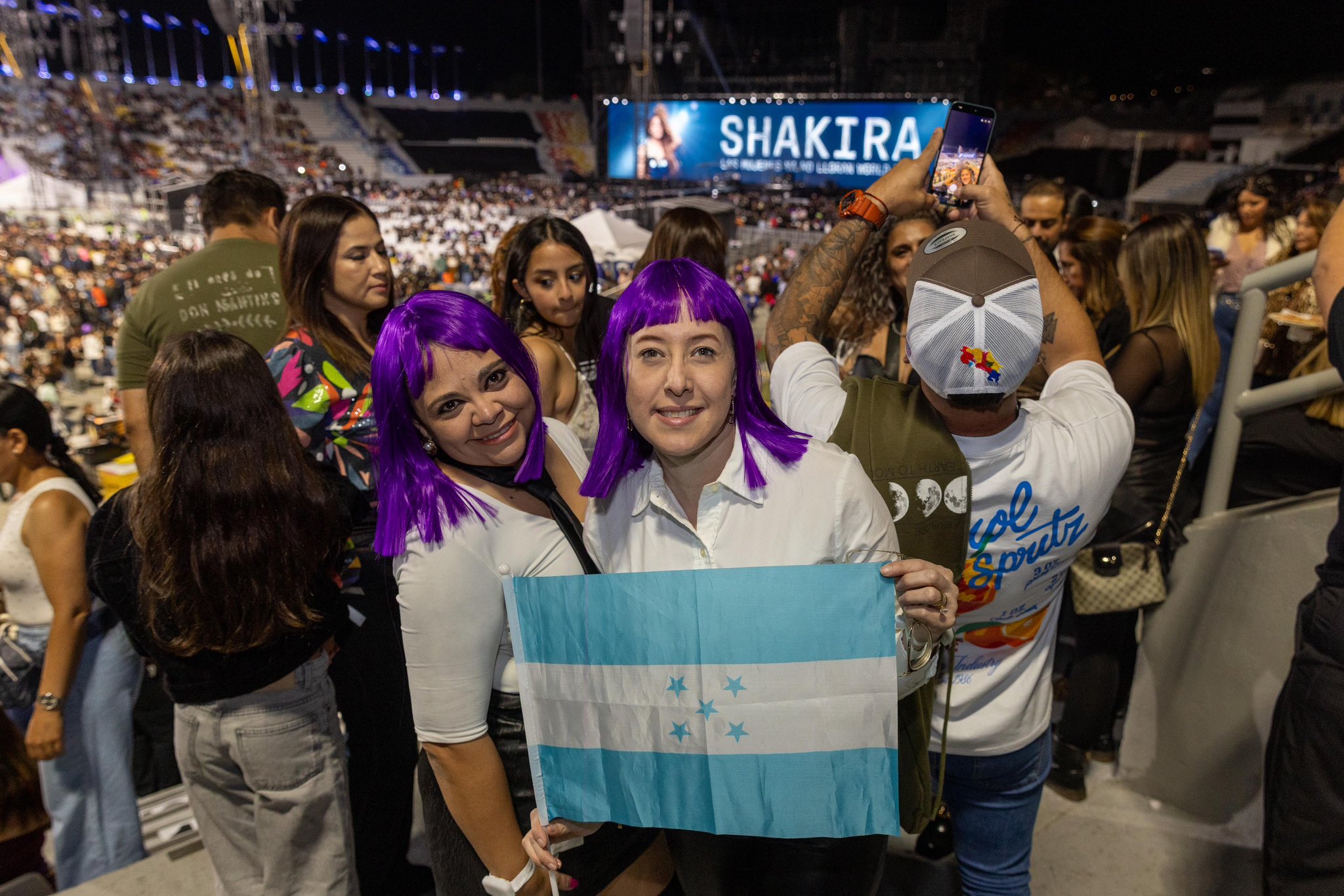Central America
Nicaragua court finds activists guilty of ‘conspiracy’

AFP
A Nicaraguan court Thursday found two prominent opposition figures guilty of “conspiracy,” according to a human rights organization which condemned the trial as “null and void” for taking place behind closed doors.
Former guerrilla Dora Maria Tellez and student leader Lesther Aleman were tried at El Chipote — one of the country’s most notorious prisons where dozens of activists detained in the run-up to last year’s election are being held.
The trial of the Tellez — a former leftist guerrilla who fought alongside President Daniel Ortega during Nicaragua’s civil war — and Aleman took place behind closed doors, with only a sole family member of each in attendance.
“They were found guilty of forming an association of wrongdoers undermining national integrity,” the independent Nicaraguan Center for Human Rights said.
“The process was null and void because it violated the constitutional guarantees that stipulate that trials must be public and that the press must be able to attend,” it added.
It was not clear what the sentence was, but a member of the opposition Blue and White National Unity party told AFP that magistrates had asked for a 15-year jail term for the 66-year-old Tellez, a historian and one of the founders of the dissident Sandinista Renovation Movement.
Student leader Aleman, 24, rose to fame after publicly calling for Ortega’s resignation during a dialogue between the government and activists involved in 2018 protests.
“His only crime is to have spoken in the name of everyone in 2018, confronting Mr. Ortega with his crimes and demanding he leave office,” journalist Carlos Fernando Chamorro, speaking from exile in Costa Rica, said on Twitter.
Family of the dozens of activists held since last year have said the opposition figures are suffering from serious health issues, experiencing blackouts and loss of teeth.
Last month the United Nations human rights body urged Nicaragua — Central America’s poorest country — to free people who had been arbitrarily detained and to stop prosecutions and harassment of political opponents, journalists and human rights defenders.
Central America
Guatemala isolates Barrio 18 leader after attacks that killed 11 police

Guatemalan authorities have placed a leader of the Barrio 18 gang in an isolated cell without الكهرباء or “privileges” after he was accused of triggering a recent wave of violence that left 11 police officers dead, the government said on Sunday.
Members of Barrio 18, which is designated as a “terrorist” organization by both the United States and Guatemala, carried out the killings on January 18 in retaliation for the government’s takeover of three prisons that had been under the control of inmates linked to the group.
In response to the attacks, President Bernardo Arévalo declared a month-long state of siege, arguing that gang members were seeking better conditions in prison or transfers to lower-security facilities.
In a message posted on X alongside photographs, Arévalo announced the isolation of Aldo Dupie, also known as “El Lobo,” one of the gang leaders who allegedly directed the uprisings.
Images released by the government show Dupie inside a small cell with narrow windows, built from metal containers, in a secured area of the Renovación I prison in southern Guatemala — the same facility where the hostage-taking riot took place.
With a shaved head and a stern expression, the gang leader appears alone and in handcuffs, according to the photographs.
Guatemala’s prison system said the “new area,” protected by metal fencing and barbed wire, will house high-risk inmates who will remain without privileges or electricity.
Sports
Shakira ignites El Salvador with near sold-out residency at Mágico González Stadium

The recently renovated Jorge “Mágico” González Stadium is rolling out the red carpet for Colombian superstar Shakira, whose string of concerts has sold out almost entirely, confirming the powerful bond between the artist and Salvadoran fans.
The scale of the experience begins as soon as attendees arrive at the venue. Outside the stadium, organizers have installed several photo spots so concertgoers can capture a souvenir from the major event.
Fans attending the Las Mujeres Ya No Lloran World Tour will witness a top-tier visual production, where technology and robotic lighting effects will shape an atmosphere that shifts dramatically from one segment of the show to another — moving from the intensity of ’90s rock to the festive explosion of urban pop.
Security and crowd management have been top priorities, with a coordinated operation aimed at ensuring smooth entry and exit, allowing spectators to focus solely on enjoying hits that have defined generations.
Beyond the music, the event marks a milestone for the country’s live-entertainment industry, positioning El Salvador as a destination capable of hosting artist residencies once reserved for cities such as Las Vegas or London.
The excitement is already visible across the capital: hotels are at full capacity and local businesses are riding the wave of enthusiasm sparked by the latest songs from the Colombian star.
Central America
Salvadoran fans plan birthday surprise for Shakira at historic show

The president of Shakira’s Fan Club in El Salvador was interviewed by Diario El Salvador on Saturday as she made her way to her entrance gate at Jorge “Mágico” González Stadium, ahead of the historic concert the Colombian superstar is set to perform in the country.
Before the first of the five shows that make up Shakira’s Salvadoran residency, the fan leader revealed that supporters had prepared a special surprise for the singer, who turned 49 on February 2.
“Today I’m here around the stadium with the props we made for her celebration, with postcards and her songs. We also have kits ready to sing ‘happy birthday’ to our She Wolf,” she said.
She explained that the group used social media to ask fans seated in the Ultra Platinum and Platinum sections to find them and pick up birthday pennants, party headbands, balloons and whistles. The idea is to sing “happy birthday” while Shakira introduces her band, offering what they describe as a special Central American welcome.
“For me, she has been a megastar since the first time I saw her in 1996. I saw her again in 2006, here at the stadium. Last year we traveled to Colombia three times to see her, and today I’m beyond excited that she chose El Salvador,” the fan said.
She added that visitors from across Central America and other countries have traveled for the concerts and will also have the opportunity to discover the country. “I’m very excited about everything she makes us feel,” she said.
-

 International5 days ago
International5 days agoColombia to Send High-Level Delegation to Ecuador to Ease Trade Tensions
-

 Central America4 days ago
Central America4 days agoSalvadoran fans plan birthday surprise for Shakira at historic show
-

 Central America3 days ago
Central America3 days agoGuatemala isolates Barrio 18 leader after attacks that killed 11 police
-

 Sports4 days ago
Sports4 days agoShakira ignites El Salvador with near sold-out residency at Mágico González Stadium
-

 International21 hours ago
International21 hours agoU.S. Health Department says CDC grants no longer match agency priorities
-

 International20 hours ago
International20 hours agoICE Arrests Reach 379,000 Under Trump, Testimony Shows Amid Minnesota Shootings
-

 International21 hours ago
International21 hours agoDespite homicide drop, overall deadly violence remains high in Mexico: study
-

 International21 hours ago
International21 hours agoJet Fuel Crisis Hits Cuba: Flights Disrupted, Air Canada Cancels Services
-

 International20 hours ago
International20 hours agoSheinbaum Urges Mexico to ‘Jealously’ Guard Sovereignty at Air Force Anniversary
-

 International20 hours ago
International20 hours agoMEPs Approve Plan That Could Fast-Track Rejection of Some Asylum Claims
-

 International20 hours ago
International20 hours agoMexico Rises Slightly to 141st in Global Corruption Perceptions Index 2025
-

 International5 days ago
International5 days agoSuper Bowl Halftime Show Puts Bad Bunny—and Immigration Politics—Back in the Spotlight
-

 International20 hours ago
International20 hours agoChile Unveils Latam-GPT to Give Latin America Its Own AI Model


























